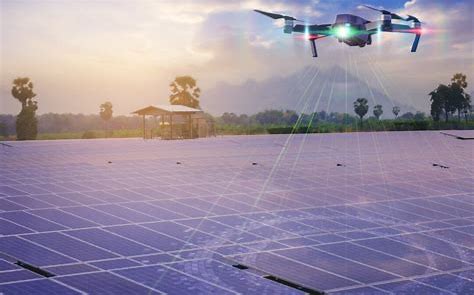Greening Ghana: How Technology is Powering a Sustainable Future
By Rebecca Aboagyewah Oppong | Veebeckz Tech Media | Published on 26th May, 2025
Executive Summary
Green technology is reshaping how we power our homes, build cities, farm the land, and protect the planet. From solar-powered irrigation systems to biodegradable packaging made from plants, Ghana and other African nations are discovering innovative ways to grow sustainably. This article explores how green tech is creating jobs, reducing emissions, and preparing Africa for a cleaner, smarter tomorrow.
Introduction: When Tech Meets Nature
The climate crisis is no longer a future problem—it’s a present-day emergency. In Ghana, unpredictable rains, water shortages, and energy gaps threaten lives and livelihoods. But hope is emerging from the tech sector: a wave of innovators is rising with clean energy, eco-smart products, and data-driven environmental tools.
Green tech is more than solar panels—it’s a revolution.
1. Solar Power at the Heart of Energy Access
Ghana has abundant sunlight but unequal electricity distribution. Green technology bridges this gap with affordable, decentralized solar solutions.
Startups like PEG Africa and Solar Taxi are expanding solar home systems and electric transport
Schools, clinics, and farms are being powered off-grid
Solar irrigation systems are now helping smallholder farmers manage dry seasons
Impact: Sustainable energy = improved health, education, and food security.
2. Smart Farming for Climate Resilience
Farming is at the mercy of nature—but green tech is giving farmers tools to adapt.
IoT sensors monitor soil health and recommend optimized fertilizer use
Mobile apps provide weather alerts and planting tips based on geolocation
AI-powered irrigation ensures just the right amount of water is used
In Ghana: WaterGuard Analytics (under Veebeckz) is working on solar-powered water monitoring to reduce crop failure and contamination.
3. Clean Cooking and Waste-to-Energy Solutions
Over 70% of households in rural Ghana use wood fuel. Green cooking tech is saving forests and improving health.
- Bio-digesters and clean cookstoves are reducing indoor air pollution
- Waste-to-energy initiatives turn organic waste into electricity or cooking gas
- Pilot projects in Tamale and Winneba are turning food market waste into clean energy
Why this matters: Clean cooking tech reduces deforestation, carbon emissions, and medical costs.
4. Eco-Conscious Manufacturing & Packaging
Ghana is moving from single-use plastics to biodegradable alternatives—and tech is enabling it.
Agri-waste like tigernut husks is being turned into bio-plastic and paper (yes, Auricnut!)
3D printing with recycled materials is gaining traction in local fashion and accessories
Example: Young designers in Kumasi are using recycled plastic to produce furniture and art pieces.
5. Data for Climate Action
Satellite imagery, drones, and machine learning are helping monitor climate risks in real time.
Forest loss, flooding zones, and land degradation can now be mapped and responded to quickly
Apps like mFarms and UNDP’s Tree Tracker are helping monitor reforestation and carbon offset efforts
Call to Action: Ghana needs more open data platforms and community partnerships for green tech adoption.
6. The Business of Going Green
Sustainability is no longer just CSR—it’s a market advantage.
Green startups are attracting funding from international accelerators and climate funds
Jobs in solar installation, waste management, and green coding are rising
ESG (Environmental, Social, Governance) policies are becoming a requirement for tech partnerships
In Focus: Veebeckz’s Green Digital Solutions unit is developing tools to help companies track and improve their ESG performance.
Challenges Ahead
- Upfront costs for green tech adoption remain high
- Lack of public education slows behavioral change
- Policy gaps limit investment in circular economy innovation
But the opportunity is clear: The green economy could create over 2 million jobs in Africa by 2030.
Conclusion: The Future is Green—and Digital
Ghana’s journey to sustainability doesn’t mean rejecting technology—it means building smarter with it. Green technology is our path to resilience, economic growth, and climate justice. And every app built, every solar panel installed, every sensor deployed—brings us one step closer.
Let’s tech our way to a greener Ghana.
